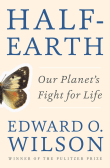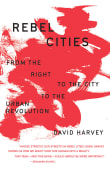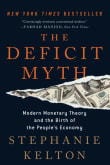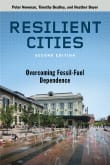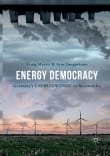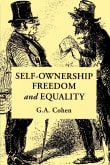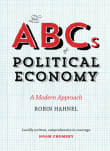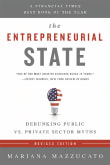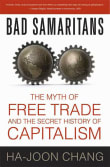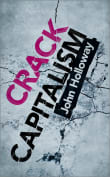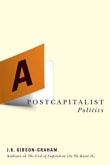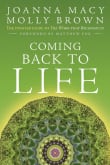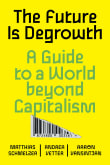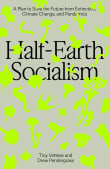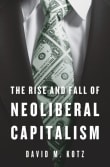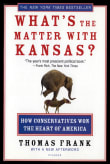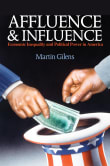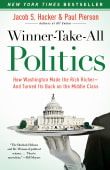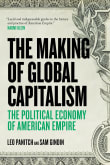Less Is More
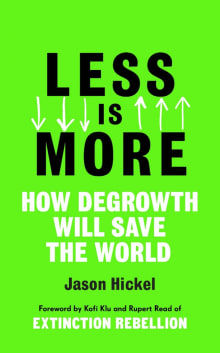
Book description
'A powerfully disruptive book for disrupted times ... If you're looking for transformative ideas, this book is for you.' KATE RAWORTH, economist and author of Doughnut Economics
A Financial Times Book of the Year
______________________________________
Our planet is in trouble. But how can we reverse the current crisis and create…
Why read it?
3 authors picked Less Is More as one of their favorite books. Why do they recommend it?

There is one current zeitgeist at the moment that everyone needs to know about - degrowth.
Jason Hickel’s book is one of the best accounts of how the whole world got tangled up in a ceaselessly growing economy and what we can do to reverse out of it.
This book has really helped me make the case with students, urban policymakers, and politicians that we need a new kind of economy that doesn’t just value growth or getting bigger, but one that respects the health of people and planet, and undoes some of the big injustices that have emerged from…
From Paul's list on helping us save the city.

An imperative of growth-at-any-cost occupies the heart of mainstream economics. So deeply has society internalised it — on the left and right of the political spectrum — that government policies are routinely evaluated according to their impacts on GDP. The golden rule, drummed into economists throughout their training, is that more economic growth is always a good thing, a clear sign of progress. However, as the ecological crisis demonstrates, never-ending growth of the material economy is destroying the conditions upon which our survival depends. Less is More comprehensively demolishes the cult of growthism and offers a compelling vision of degrowth,…
From Raoul's list on critiquing free-market fundamentalism.

Less is More identifies the fundamental driver of both environmental destruction and human poverty as the capitalist economic system. It argues cogently that high-income countries must turn away from the impossible notion of endless economic growth on a finite planet and instead aim for a feasible post-growth future that seeks a high quality of life for all. Its vision emphasizes abundant public affluence, while still seeing a role for a market economy. The book has breadth and depth, and is very readable. The author, Dr. Jason Hickel, is an economic anthropologist, Professor at the Institute for Environmental Science and Technology…
From Mark's list on for transitioning to a sustainable society.
Want books like Less Is More?
Our community of 12,000+ authors has personally recommended 100 books like Less Is More.
